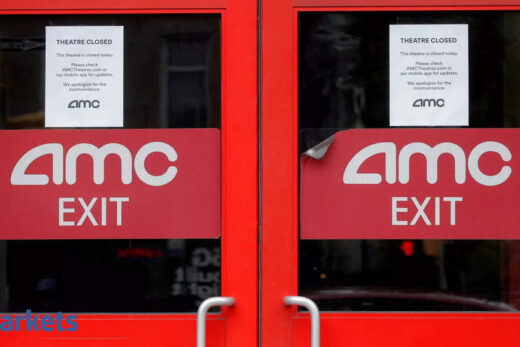It shows that the jammed wheels of investment have surely begun to turn: L&T’s record order inflows demonstrate that with consummate ease, pointing to the robustness in economic activity. The pace of execution — and revenue recognition — will now determine whether shareholders of India’s biggest engineering company will reap the benefits of the visible recovery.
 TOI.in
TOI.inThe order backlog is now worth 3.31 lakh crore — more than twice of FY20 revenue. If the pace of execution now picks up, portfolio allocation by institutional investors should increase. It isn’t surprising that L&T gained 24% in the past three months, outpacing the Nifty, and FPI holding rose 322 basis points to 21.1%.
Order inflows rose 76% to 73,233 crore in the December quarter, taking the total tally to 1.24 lakh crore for the first nine months of FY21 — roughly the same as FY20. But until September, they were 40% lower. Historically, Q4 is plentiful; hence, regardless of the disruptions in the first two quarters, L&T would end FY21 with an order book that is both healthy — and comparable with FY20.
With clarity emerging on new orders, re-rating and earnings upgrades will depend on the pace of revenue execution, which still trails pre-Covid levels. Execution at several sites has not reached full potential owing to Covid protocols, lower talent pool of required labour and rising raw material costs. Bloomberg consensus estimates show revenue growth for FY21 would decline 5%, rebounding about a fifth in FY22. Also, more domestic orders should buttress margins.
Furthermore, concerns over elevated working capital are gradually easing, with collections from clients improving. Working capital as a percentage of sales still remains relatively high at 26% due to muted revenue. In absolute terms, however, working capital requirement dropped to 31,000 crore in December from a peak of 33,000-34,000 crore.
L&T is trading at 26.4 times one-year forward earnings, a 26% premium to its long-term average. The P/E premium may sustain given the visibility on orders, double-digit revenue growth next fiscal, and potential expansion in margins due to reducing competitive intensity.



